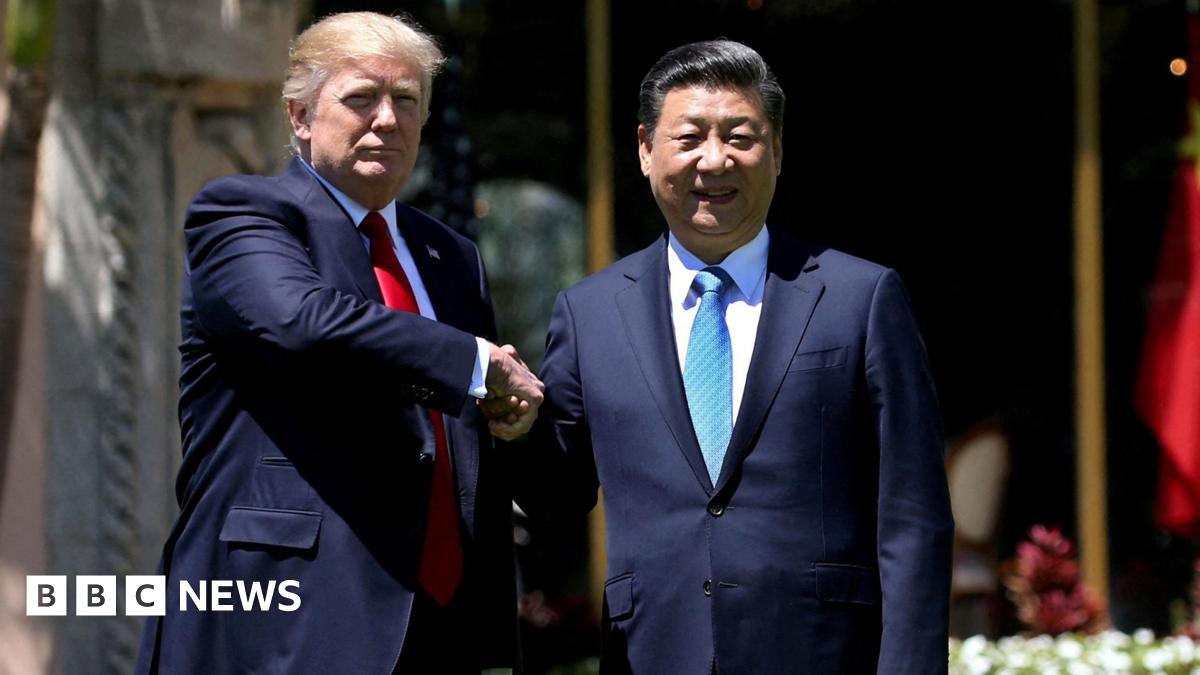Since Trump re-entered the White House, he has imposed and threatened sweeping tariffs on imports from overseas on various countries, arguing that the policy would help boost US manufacturing and jobs. The introduction of tariffs has resulted in many countries, including the UK, agreeing new deals with the US.
But the steepest levies he has threatened have been levelled at China. Beijing has hit back with measures of its own, though the two agreed to hold off implementing the levies while pursuing a trade deal.
However, earlier this month Trump said he would impose an additional 100% tarriff on Chinese goods from November in response to China tightening restrictions on export of rare earths – materials essential to the production of many electronics. The US president accused Beijing of “becoming very hostile” and trying to hold the world “captive”.
China processes around 90% of the world’s rare earths, which go into everything from solar panels to smartphones, making supply of them to US manufacturers a key bargaining chip.
The last time Beijing tightened export controls – after Trump raised tariffs on Chinese goods early this year – there was an outcry from many US firms reliant on the materials.
China will “delay that for a year while they re-examine it”, Bessent told a different news show, This Week, on Sunday.

